Monkey Read, Monkey Review: Was Superman a Spy? by Brian Cronin
 Rob Dean On
Rob Dean On  Tuesday, March 23, 2010 at 1:30PM
Tuesday, March 23, 2010 at 1:30PM  There's a recent spate of books being culled from blogs where an author can reach a wider audience while preserving their voice. Of course, the intimacy and accessibility that comes from a free blog found by fans on the net is sacrificed for the sake of monetary compensation and greater exposure. But the fans will continue to follow the artist as long as that artist doesn't change his voice or whatever ineffable qualities he exhibited that attracted people to him in the first place. But is it worth paying money just to get something that's mostly free online? True, many authors add some previously unreleased material - but that usually doesn't count for the majority of the text.
There's a recent spate of books being culled from blogs where an author can reach a wider audience while preserving their voice. Of course, the intimacy and accessibility that comes from a free blog found by fans on the net is sacrificed for the sake of monetary compensation and greater exposure. But the fans will continue to follow the artist as long as that artist doesn't change his voice or whatever ineffable qualities he exhibited that attracted people to him in the first place. But is it worth paying money just to get something that's mostly free online? True, many authors add some previously unreleased material - but that usually doesn't count for the majority of the text.
Enter Brian Cronin's Was Superman a Spy? from Penguin Books. Based on Cronin's column "Comic Book Legends Revealed" that he writes for the Comics Should Be Good Blog at Comic Book Resources, the book is an examination of the comic book industry - with particular interest in superheroes, the business aspect of comic books and the cultural impact that they've had since World War II. Cronin uses some key characters from the "Big Two" comic companies (DC & Marvel) to act as a gateway into the evolution of the medium and the industry, and examines the various changes and interesting anecdotes that have befallen them over the years. In particular focus are Superman, Batman, Fantastic Four, Spider-Man, Captain America, X-Men, The Incredible Hulk and Walt Disney comics. There are extenuating chapters on bits of comic book arcana covering other characters, with interesting and curious stories of particular creators or characters.
I tend to think of myself as a person fairly well versed in comic book lore, who knows a lot of the storied history of these iconic characters - their fictional origins as well as the inspirations their creators drew on to give birth to these figures of the new mythology. Even with that snobbish background, this book is incredibly accessible and packs a lot of information into a sparse few chapters.
Cronin does a good job of stating what is fact, what is rumor and what is in-between (although he does tend to approach the rumored stories with a level head and Occam's Razor). Amidst all of the settled history that has been repeated in books by Michael Chabon and Jonathan Lethem, there was a lot of new and interesting information. I actually found myself caring about Superman, which I never do (outside of Grant Morrison/Frank Quitely's work on All-Star Superman). Cronin exposes how much thievery and legal trickery took place (and, I suppose, continues to take place) as the industry takes shape and how many nerd institutions were created as cheap cash-ins on already existing and popular fads of the time. Some end up getting a life of their own and live beyond their inspiration (Swamp-Thing). Others become shorthand for a ridiculous premise that can never shake the stink of gimmick off them (Dazzler).
The chapters are all fairly well-written with the occasional pithy zinger that you almost expect comic book reviewers to make. Cronin does a good job of focusing not just on that main stable of characters but also assembling a cast of creators who ended up influencing many generations of readers, fans and artists. By showing the common links - as well as the common tropes that each person brought to his work and/or the industry - Cronin is able to imbue the funnybook industry with a real sense of tradition and profundity that few people would grant.
That's not to say there aren't problems with the book. Cronin constantly makes references to other chapters and pages in the book - but it's unnecessary. Maybe, when they were all separate blog entries, it was necessary to show the recurring problems the industry faced. But the book isn't that long, and sometimes the reference is only two pages away. It disrupts the flow of the book and doesn't add much to the text as a whole.
Another issue I had with the book is the sloppiness of the proofreading. There are multiple instances of broken parentheses and misused or misspelled words. This tends to be fairly commonplace in internet writing - including this blog you are now reading - but when it goes to be published, someone should've looked at such things much more carefully.
The final problem I had with Was Superman a Spy? is that the final chapter on Other Comic Book companies is incredibly light. I know that DC and Marvel have the longer careers and are more influential, but there are definitely a lot of anecdotes and interesting trivia to be told about comic books made outside of that system. Perhaps glancing on the influence of Manga in recent years, the work Kevin Eastman has done with his Xeric grant, or the long running series put out by Dave Sim and Jeff Smith.
These three shortcomings aren't enough to deter me from recommending the book or from being a real detriment to how enjoyable reading it is. Mostly it's just an encouragement that other books and editions try to incorporate these three revisions if possible.
If you want to know where all of these characters showing up in movies or on TV or on lunchboxes came from - Cronin's book is a great way to find a great wealth of information in a quick and easy-to-read manner. By focusing on the various creative and editorial battles and edicts, Was Superman a Spy? shows that every secret origin has an even more interesting story behind it.

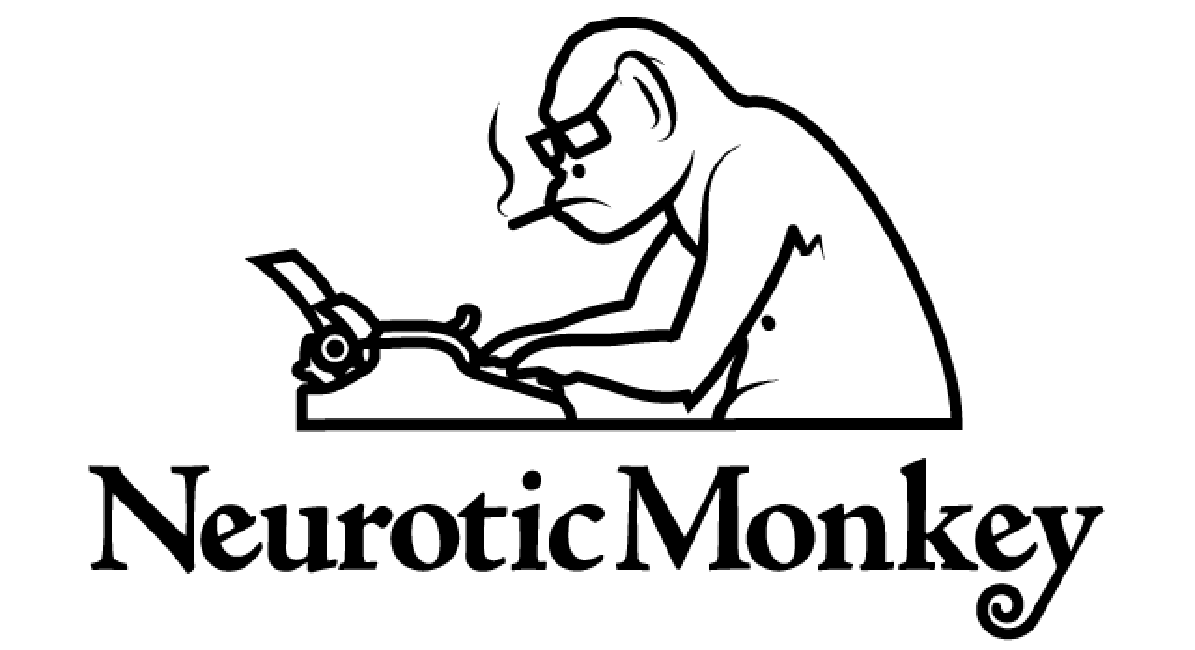

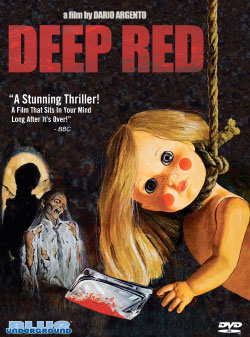
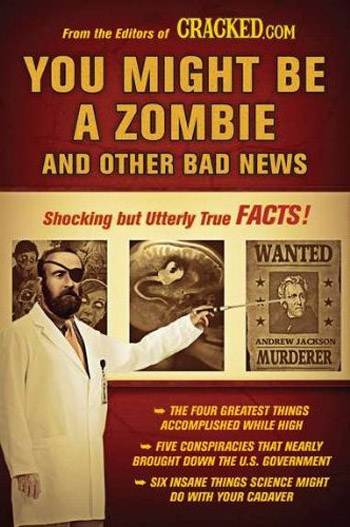
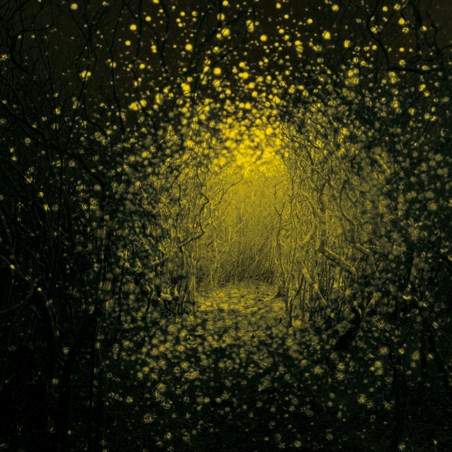
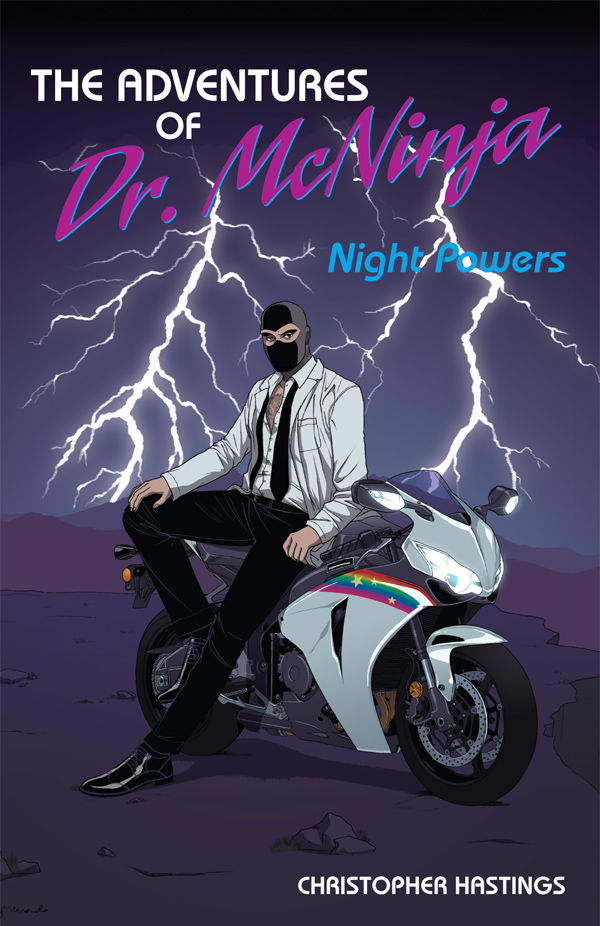

Reader Comments